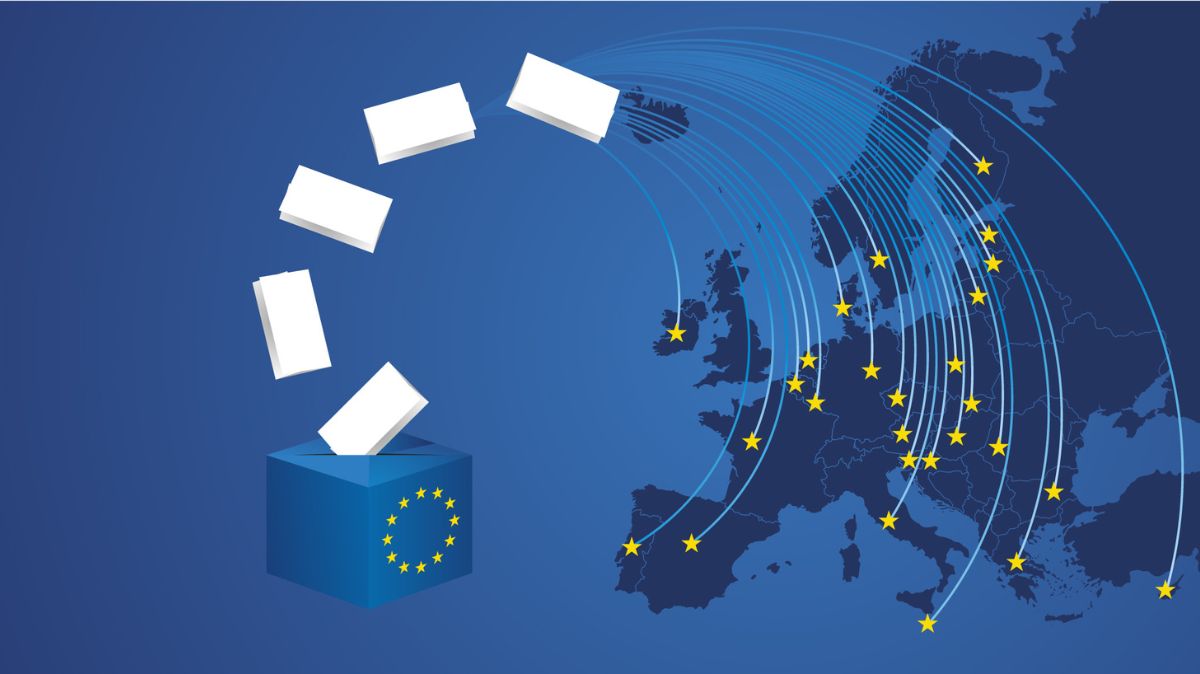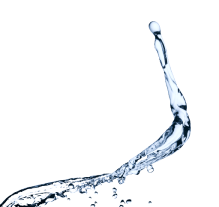Europe is highly developed in water policy and water services but we are more and more facing the effects of climate change on our water resources on our continent. Water stress affects 20 % of the European territory and 30 % of the European population on average every year, while droughts cause economic damage of up to 9 Billion Euro annually and additional unquantified damage to ecosystems and their services.
Back in June, the new Water-Smart Strategy for Europe was presented at the Water Innovation Europe Conference 2023. It is aiming at three key objectives: water security, water sustainability and water resilience. We have to take care for current and future generations to look after our water treasure and manage water resources responsibly.
For Austria, a landlocked country, in the heart of the Alps and fortunate to be blessed with rich natural water resources, this responsibility means investing into a set of different actions.
One is, to invest in innovations to deploy state of the art technologies in fresh water and waste-water infrastructure. In Austria investments of 67 Billion Euros over the last 60 years into water supply and wastewater treatment infrastructure ensure highest drinking water quality for our population and good bathing water quality of lakes. To keep the high standard of Austrian water services, we realised that not only continuous investments in infrastructure are necessary but even more depends on high qualified human capital. Therefore a broad set of training courses for water-works-supervisors and sewage-works-operators was established over the last decades.
Another activitiy is to establish dense monitoring networks on water quality and water quantity for rivers lakes and groundwaters because: you can not manage what you do not measure. Alone the hydrographic monitoring network in Austria comprises around 6.500 hydrological facilities in the fields of precipitation, surface water, groundwater and springs. Furthermore around 2.000 monitoring sites on groundwater quality as well as some hundred monitoring sites on river and lake water quality distributed all over the country had been established during in the mean time. Appropriate monitoring networks, early warning systems and mechanisms can detect and prevent water-wastage, pollution and natural disasters such as floods.
Interconnection of several policy areas like water, agriculture, nature protection and spatial planning is crucial. Natural water retention measures (NWRM) in rural areas but also sponge-city-approaches in urban areas provide a huge field of opportunities with positive effects for our environment, human health and wellbeing but also the economy. Nature based solutions have to be prioritized wherever possible.
Science and research must explore and invest in opportunities where water can be an enabler for other sector‘s goals, such as the transition to renewable energy systems. Financing is an important issue. The Republic of Austria is thus making a significant contribution to protecting the climate and preserving an environment worth living in.
What underlies all these activities is cooperation at all levels, and a comprehensive water legislation combined with good water governance.
In fact, we are not starting from scratch. Today within the EU and its Member States comprehensive water legislation is in place. But water is still dealt as a sector policy. We now together have to highlight the importance of water as common denominator for all other sectoral policies and therefore to raise water higher on the political agenda.
Our objectives must be water security, water sustainability and water resilience for Europe.




